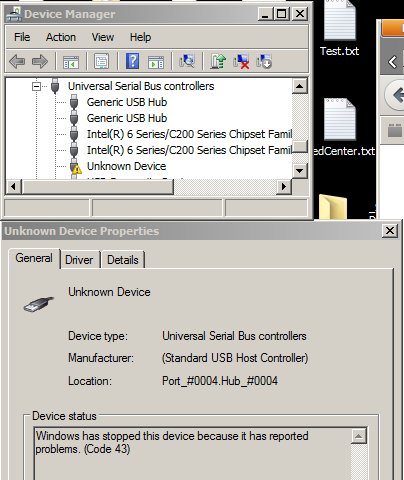In the world of data analysis, charts and tables are gateways to human. Charts communicate size and quantities to human via human's natural perception of the world. However, when multiple facets of data are presented, relating size and quantities to facets becoming a burden to human. Tables, on the other hand, relate multiple faceted data in concise form to human sacrificing the advantage of human's natural perceptions for size and quantities.
The proposed user interface design is based on the above observations about tables and charts. The interface begin by presenting a data table to user with the associate charts: (Two flavor of charts are presented - vertical and horizontal bar)
| Inst. | Men | Women | Total |
| Univ | 14,059 | 15,407 | 29,466 |
| NCTA | 97 | 102 | 199 |
| UNK | 1,876 | 2,406 | 4,282 |
| UNL | 8,059 | 7,588 | 15,647 |
| UNMC | 758 | 1,387 | 2,145 |
| UNO | 3,269 | 3,924 | 7,193 |
| Stat Col. | 2,020 | 2,727 | 4,747 |
| CSC | 660 | 941 | 1,601 |
| PSC | 350 | 446 | 796 |
| WSC | 1,010 | 1,340 | 2,350 |
| Comm. Col. | 6,619 | 7,095 | 13,714 |
| CCC | 822 | 1,171 | 1,993 |
| MCC | 1,594 | 1,945 | 3,539 |
It is obvious that these charts are difficult to comprehend with the mixed facets of institutional and sectional totals. The idea behind the design, however, is to provide user with channel tools that can channel desired data to the the chart. Various ways can be used to select the desired data. For example, using drop-down list, checkboxes in context menu, or text/regular-expression based filtering to channel the desired data. Visual feedback can be provided to user by hiding or highlighting the data table. Possible filtering results are presented below:





